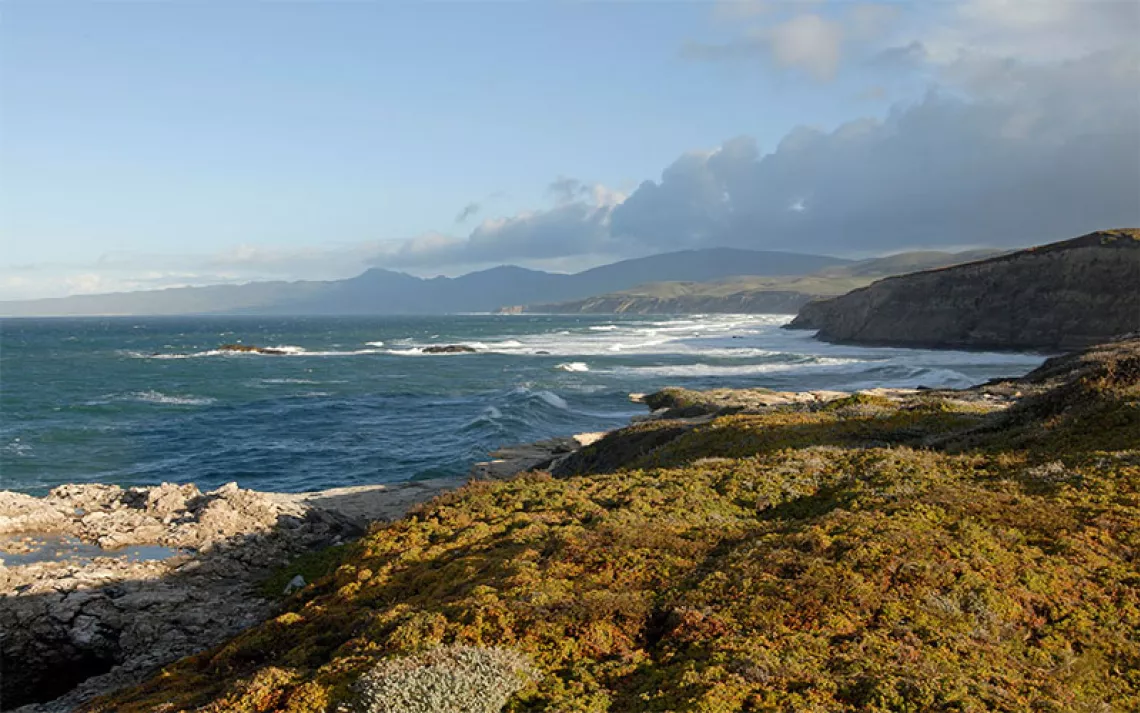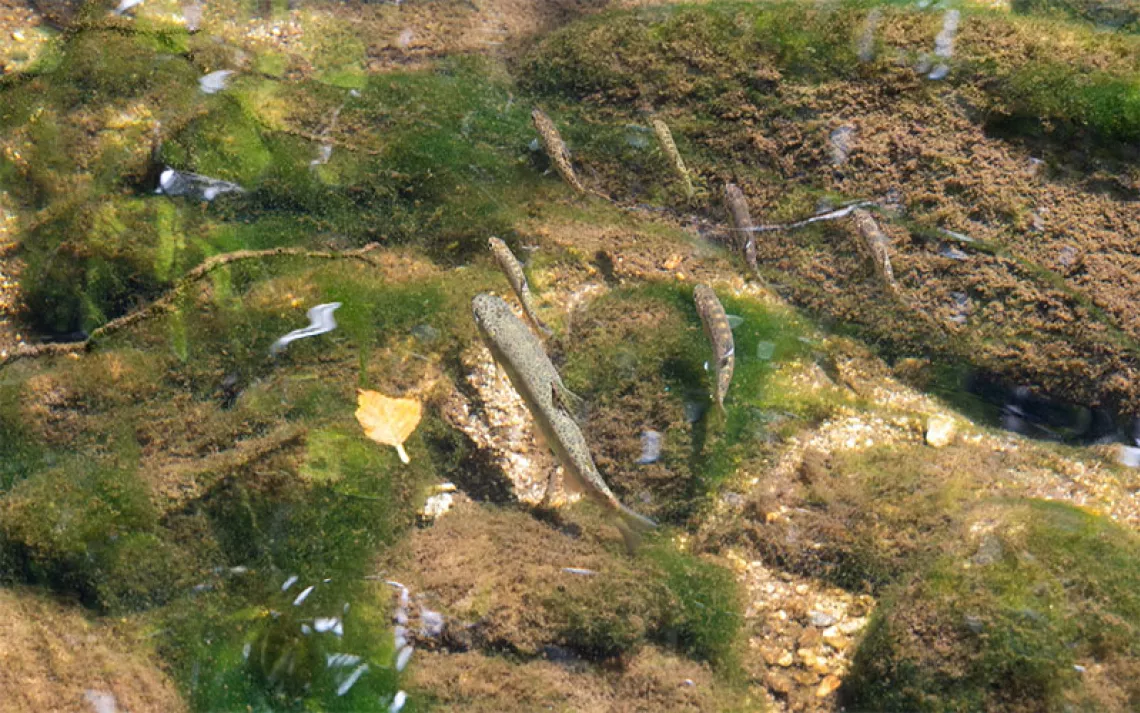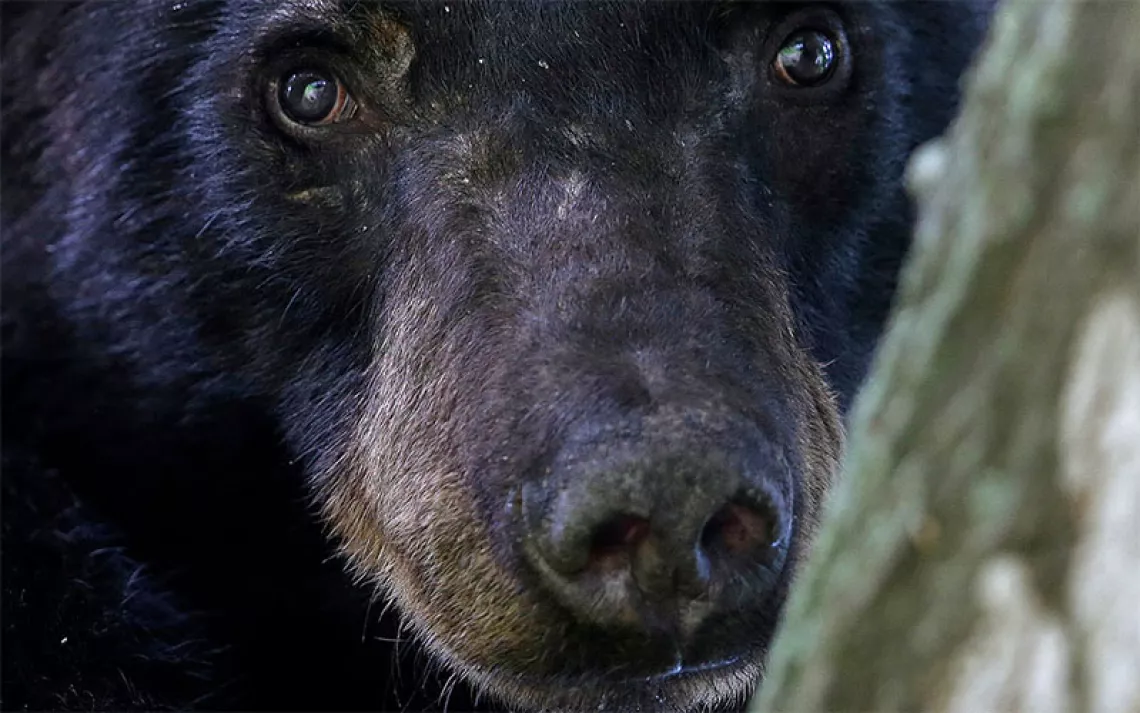The Global March for Elephants and Rhinos
Putting an end to wildlife trade

Photo courtesy of the Global March for Elephants and Rhinos
On October 7, thousands of people all over the world will participate in the Global March for Elephants and Rhinos (GMFER) in order to pressure world leaders to combat poaching and wildlife trade.
Both animals are on the verge of extinction because of the illegal wildlife trade. The black rhinoceros, in particular, is critically endangered due to a demand for rhino horn in Chinese medicine (though the horns have been shown to have little to no medicinal value) and for dagger handles in the Far East. Elephants are facing severe threats as well: The African elephant population decreased by 30 percent between 2007 and 2014, according to the Great Elephant Census. Poachers harvest African and Asian elephants for their highly valued ivory tusks, which are used in the production of billiard balls, piano keys, and other items.
GMFER organized marches in over 140 cities in 2016. Last October, the organization also had representatives at the 17th meeting of the Conference of the Parties to CITES (CoP17), which is the world’s largest meeting on international wildlife trade. At that meeting, CITES agreed to recommend that countries close their domestic ivory markets rather than attempt to regulate them.
Along with demanding government action to end wildlife trade, an important focus of this year’s march is making sure that conservation efforts don’t leave locals behind. GMFER will be hosting “A Day With Wildlife” in collaboration with the Black Mamba Anti-Poaching Unit and the Bush Babies Environmental Education in Kruger National Park. They plan on spending the day with elders and children from neighboring communities in Limpopo, South Africa, talking about the history of the park and the value of partnering with indigenous communities to advance conservation goals.
“We want to promote local voices, people who have a close relationship to the land and wildlife at stake”, says Rosemary Alles, GMFER cofounder and president. She hopes westerners can understand the reality of their struggles. “In some cases, indigenous communities are protective of poachers because they bring resources back to the people. Now they are being alienated from their own wild spaces.”
This kind of nuanced approach to conservation is a crucial step toward ending poaching and the illegal wildlife trade. “I would like to see the West become more aware and engaged in these conflicts, and to consider more than just militarizing to stop poachers,” Alles says.
Visit Global March for Elephants and Rhinos to find a march near you, or consider organizing your own.
 The Magazine of The Sierra Club
The Magazine of The Sierra Club



